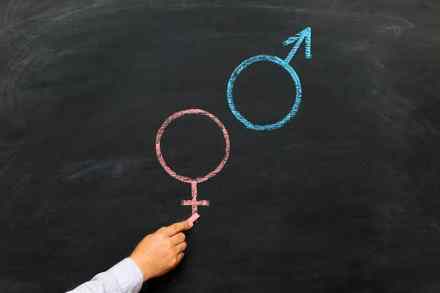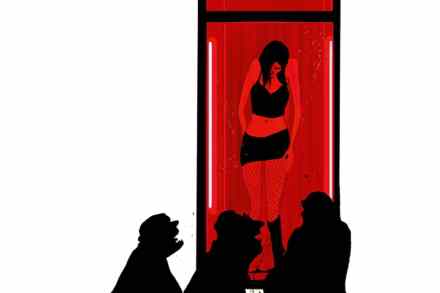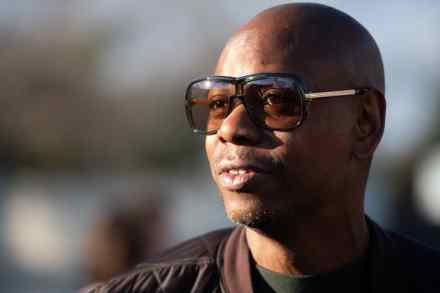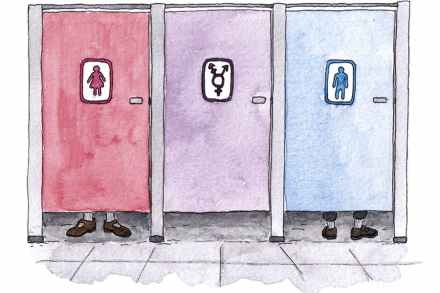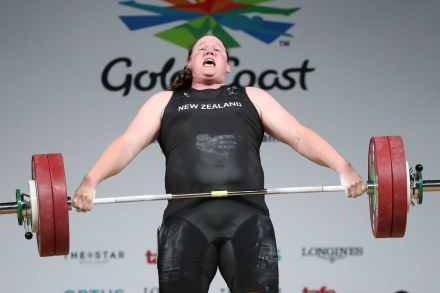What took you so long, Seb Coe?
There’s a left-wing internet advocacy group called 38 Degrees which suggests to its followers that all they have to do is click a button and all the bad things in the world will be outlawed. It is a pleasant conceit. Its name derives from the angle at which snowflakes come together to form an avalanche, which is nicely self-deprecating of it. The problem is that so few people believe in its drivel that the closest it gets is about six degrees, which is the angle at which snowflakes remain exactly where they are until it thaws and they melt. Still, it is a useful simile and I think we may




